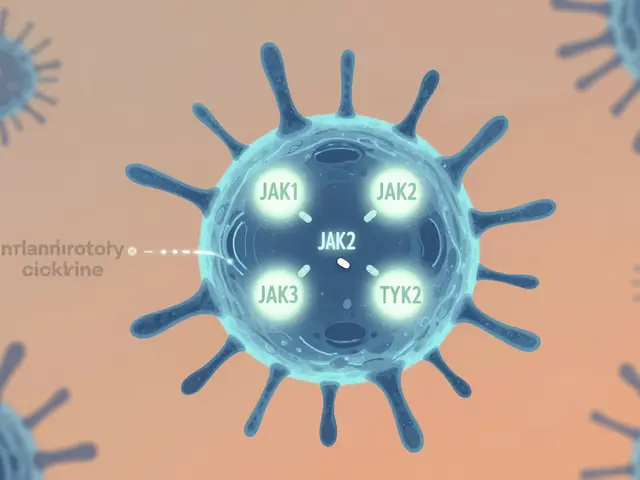Appetite: Simple Ways to Control, Boost, and Keep Your Hunger in Check
Ever feel like you’re either never full or never hungry enough? Your appetite is a signal that can swing wildly, but you don’t have to live with it. Below are real‑world tips you can start using today to tame cravings, spark a healthy appetite, and keep your meals balanced.
What Drives Your Appetite?
Appetite isn’t just about food; it’s a mix of hormones, stress levels, sleep, and even the food you see on a screen. Hormones like ghrelin tell your brain you’re hungry, while leptin says you’re satisfied. When you skip sleep or stress out, ghrelin spikes and leptin drops, so you feel an urge to snack. Understanding these cues helps you spot when you’re truly hungry versus when you’re reacting to emotions.
Practical Tips to Curb Overeating
1. Eat protein first. A protein‑rich snack (like Greek yogurt or a boiled egg) can lower ghrelin faster than carbs. This means you feel full sooner and avoid the mid‑afternoon slump.
2. Stay hydrated. Thirst often masquerades as hunger. Keep a water bottle handy and drink a glass before each meal; many people find they need less food.
3. Use smaller plates. The brain estimates portion size based on plate size. A smaller dish tricks you into thinking you’ve eaten more, cutting overall intake.
4. Add fiber. Foods like oats, beans, and vegetables add bulk without many calories, slowing digestion and keeping you satisfied longer.
5. Mindful eating. Put down your phone, chew slowly, and pay attention to taste. When you’re present, you notice fullness cues earlier and avoid mindless bites.
Boosting Appetite When You Need It
If loss of appetite is your problem—due to illness, stress, or medication—try these gentle strategies. Start with frequent, small meals instead of three big ones. Choose calorie‑dense yet easy‑to‑digest foods like smoothies, nut butters, or avocado. Adding a bit of healthy fat (olive oil, cheese) can make meals more appealing and increase total calorie intake.
Herbal options such as ginger, peppermint, or a dash of cinnamon can also stimulate taste buds. Some people find a short walk before meals awakens the stomach and encourages eating.
When to Consider Supplements
For persistent appetite issues, over‑the‑counter options exist, but they should be used carefully. Products containing zinc, B‑vitamins, or omega‑3s have shown modest appetite‑boosting effects. If you’re looking to curb appetite, natural extracts like green tea catechins or caffeine can help, but keep caffeine under 200 mg per day to avoid sleep disruption.
Always talk to a pharmacist or doctor before starting any supplement, especially if you’re on other medications.
Final Thoughts
Appetite is flexible; you can shape it with food choices, timing, and lifestyle tweaks. Whether you want to eat less or eat more, the tricks above work for most people without pricey programs or drastic diets. Try one or two changes at a time, track how you feel, and adjust as needed. Your body will give clear feedback—listen, and you’ll find a comfortable balance.
Dosulepin's Impact on Appetite: Exploring How This Antidepressant Affects Eating Habits
This article delves into the effects of dosulepin on appetite, shedding light on how this antidepressant can influence your eating habits. Understand the reasons behind these changes and get practical tips on managing appetite while on dosulepin.






